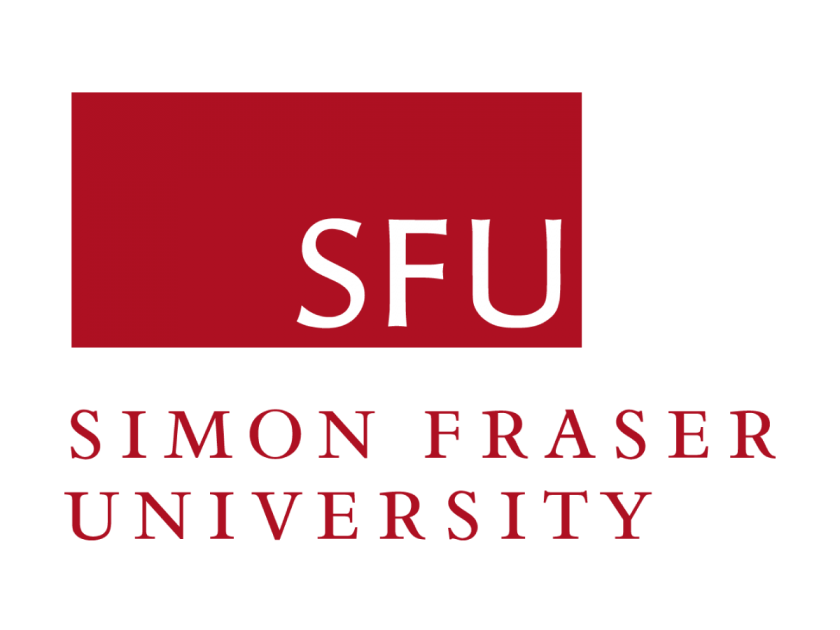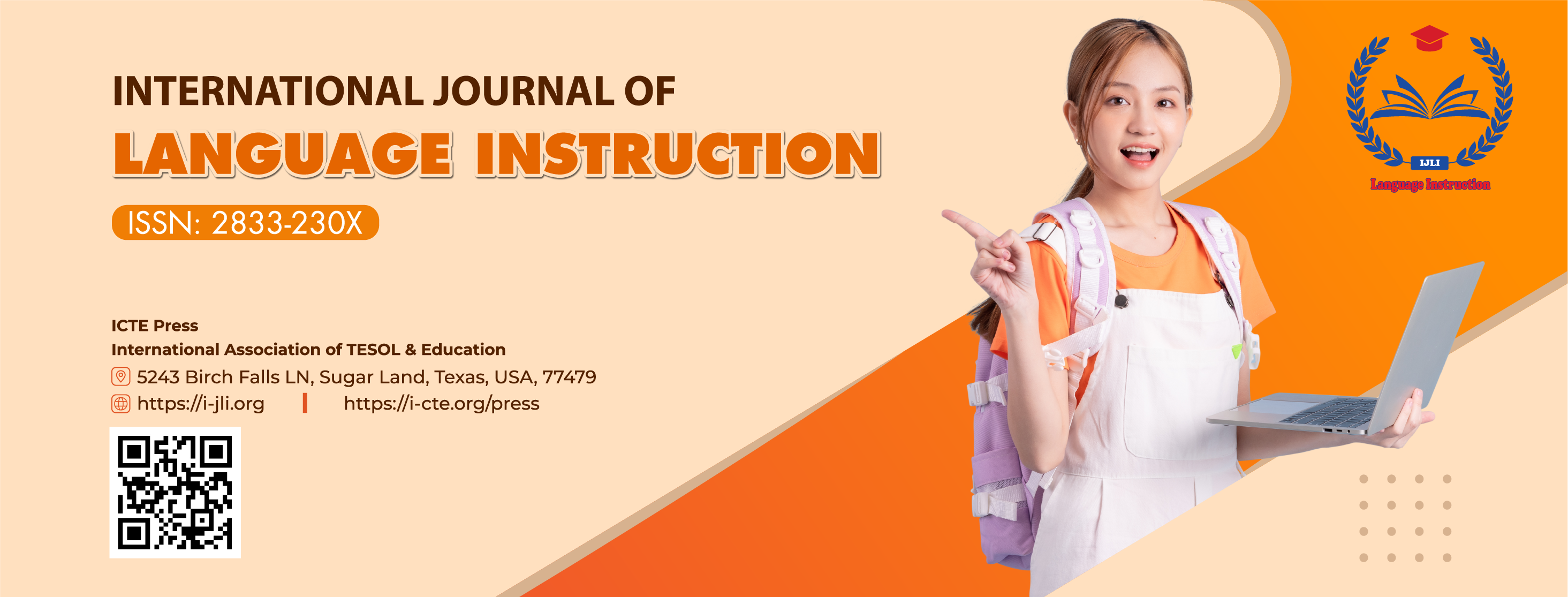Effects of Using Technology to Support Students in Developing Speaking Skills
DOI:
https://doi.org/10.54855/ijli.22111Keywords:
Technology, social media, technological tools, speaking skillsAbstract
The present study attempts to investigate the effects of using technology to support the development of speaking skills for high school students and the attitude of students when being employed with technological devices in learning foreign languages. The purpose of this study is to develop beneficial suggestions for educators, students, and teachers to enhance the teaching and learning of spoken English. Additionally, it aims to highlight the need to use technology to learn English skills. The research was conducted in a high school in Kien Giang province with the participation of 100 students giving the answers to the questionnaire with items about using technological devices to enhance students' speaking skills. Besides, the involvement of six teachers of English in the interview gives insights into teachers' beliefs about using technology to support students in developing speaking skills. Statistical Package statistically analyzed data for Social Sciences (SPSS) program. The study's conclusions show that speaking is significantly impacted by technology. According to the study, technology tools like PowerPoint, YouTube, Speech Recognition Software, and films can substantially enhance oral communication skills in EFL learners.References
Afifah, D., Thamrin, N. R., & Darsih, E. (2020). Analysis of students’ inhibitions in speaking skill. Indonesian Journal of Learning and Instruction, 3(2), 91-100.
Amoah, S., & Yeboah, J. (2021). The speaking difficulties of Chinese EFL learners and their motivation towards speaking the English language. Journal of Language and Linguistic Studies, 17(1), 56–69. https://doi.org/10.52462/jlls.4
Bahadorfar, M., & Omidvar, R. (2014). Technology in teaching speaking skill. Acme International Journal of Multidisciplinary Research, 2(4), 9–13.
Chau, K. G. (2021). The Effect of ICT on Learners’ Speaking Skills Development. International Journal of TESOL & Education, 1(1), 22–29. Retrieved from https://i-jte.org/index.php/journal/article/view/4
Hussain, S. (2018). Teaching Speaking Skills in Communication Classroom. International Journal of Media, Journalism and Mass Communications, 3. https://doi.org/10.20431/2454-9479.0303003
Jalaluddin, M. (2016). Using YouTube to enhance speaking skills in ESL classroom. English for Specific Purposes World, 17(50), 1-4.
Khan, A. (2015). Using films in the ESL classroom to improve communication skills of non-native learners. Elt Voices, 5(4), 46-52.
Kusmaryani, W., Musthafa, B., & Purnawarman, P. (2019). The influence of mobile applications on students’ speaking skill and critical thinking in English language learning. Journal of Physics: Conference Series, 1193, 012008. https://doi.org/10.1088/1742-6596/1193/1/012008
Mustafa, E. N. E. (2018). The Impact of YouTube, Skype and WhatsApp in improving EFL Learners’ Speaking Skill. 5(5), 14.
Namaziandost, E., & Nasri, M. (2019). The impact of social media on EFL learners’ speaking skill: a survey study involving EFL teachers and students. Journal of Applied Linguistics and Language Research, 6(3), 199-215.
Nguyen, T. M. N. (2022). Effects of Using Computer-Based Activities in Teaching English Speaking at a High School in Ho Chi Minh City, Vietnam. International Journal of TESOL & Education, 2(1), 190–212. https://doi.org/10.54855/ijte.222112
Nur Aziz, I., & Ani Setyo Dewi, Y. (2020). The use of powerpoint as media of language teaching on students’ speaking skill. Humanities & Social Sciences Reviews, 8(1), 344–358. https://doi.org/10.18510/hssr.2020.8145
Zhang, Q. M. (2009). Affecting factors of native-like pronunciation: A literature review. Korea Education & Research Institute, 27(2), 33-52.
Downloads
Published
Issue
Section
License
Copyright (c) 2022 Nguyen Thi Doan Trinh, Pham Vu Phi Ho

This work is licensed under a Creative Commons Attribution-NonCommercial 4.0 International License.
The copyright of all articles published in the International Journal of Language Instruction (ijli) remains with the Authors, i.e. Authors retain full ownership of their article. Permitted third-party reuse of the open access articles is defined by the applicable Creative Commons (CC) end-user license which is accepted by the Authors upon submission of their paper. All articles in the ijli are published under the CC BY-NC 4.0 license, meaning that end users can freely share an article (i.e. copy and redistribute the material in any medium or format) and adapt it (i.e. remix, transform and build upon the material) on the condition that proper attribution is given (i.e. appropriate credit, a link to the applicable license and an indication if any changes were made; all in such a way that does not suggest that the licensor endorses the user or the use) and the material is only used for non-commercial purposes.
Authors are able to enter into separate, additional contractual arrangements for the non-exclusive distribution of the journal's published version of the work (e.g., post it to an institutional repository, in a journal or publish it in a book), with an acknowledgment of its initial publication in this journal.











